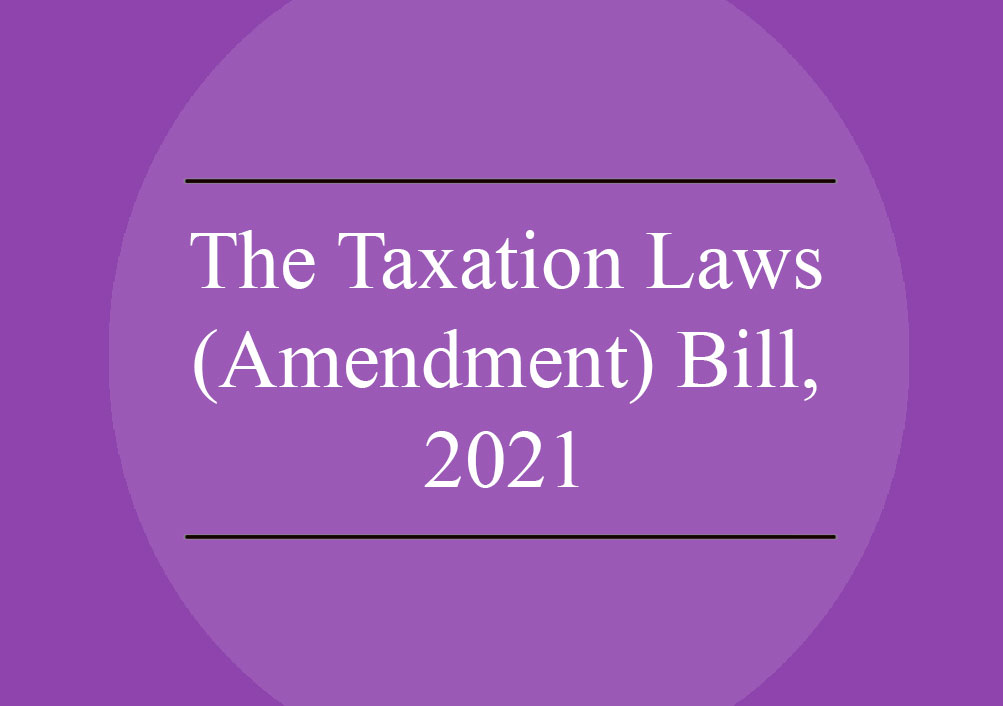Govt passes Bill in Lok Sabha to withdraw retrospective amendments to Income Tax Act

Read THE TAXATION LAWS (AMENDMENT) BILL, 2021
Pankaj Bajpai
New Delhi, August 7, 2021: In a path-breaking move, the Central government has proposed to dilute the impact of the 2012 retrospective tax amendments by introducing the Taxation Laws (Amendment) Bill, 2021 in the Lok Sabha on August 5.
Owing to the voluminous tax litigation and investment arbitration that had taken place due to the retrospective amendments of the Finance Act, 2012, the Government unexpectedly took a bold step in attempting to re-write India’s story as an investment destination.
The Bill seeks to prevent the taxation of indirect transfers of money/assets that took place before May 28, 2012, with a provision of refunding the tax but without interest.
The executive’s action is likely to help settle disputes with Cairn Energy Plc, Vodafone Group Plc and many other companies over retrospective tax demands by the government.
It proposes to eclipse Explanation 5 to Section 9(1)(i) of the Income Tax Act, 1961 and Section 119 of Finance Act, 2012 on fulfillment of certain peculiar conditions such as withdrawal or furnishing of undertaking for withdrawal of pending litigation and furnishing of an undertaking that no claim for cost, damages, interest, etc., shall be filed.
As far as delegated legislation is concerned, Section 9 of the Income Tax Act, 1961 relating to deemed accrual or arise of income in India, is amended empowering the Central Board of Direct Taxes (CBDT) to make rules to provide for the form and manner in which an undertaking shall be submitted.
Further, Section 119 of the Finance Act, 2012 relating to validation of demands under Income Tax Act has also been amended empowering the CBDT to make rules to provide for the form and manner in which an undertaking shall be submitted.
The Bill also clarified that an asset or a capital asset being any share or interest in a company or entity registered or incorporated outside India shall be deemed to be and shall always be deemed to have been situated in India, if the share or interest derives, directly or indirectly, its value substantially from the assets located in India.
However, the Bill provided relaxation on deemed accrual of income comprising of an asset or capital asset, which is held by a non-resident by way of investment, directly or indirectly, in a Foreign Institutional Investor (FII) for an assessment year commencing on or after April 01, 2012 but before April 01, 2015.
The Bill also exempts capital assets held by a non-resident by way of investment, directly or indirectly, in Category-I or Category-II foreign portfolio investor under the SEBI Regulations, 2014 from the embargo of Section 9(1) of Income tax Act.
The Finance Act, 2012, amended various provisions of the Income Tax Act, 1961 with retrospective effect. The amendments were introduced by then Finance Minister Pranab Mukherjee.
Sign up for our weekly newsletter to stay up to date on our product, events featured blog, special offer and all of the exciting things that take place here at Legitquest.




Add a Comment